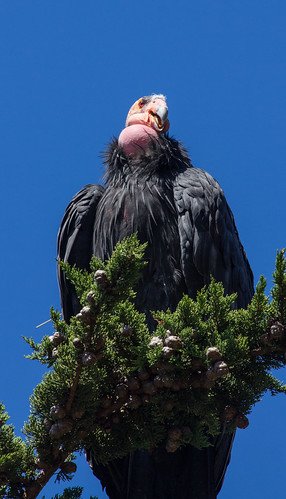I cared, but really, I didn’t have a clue about most of it. I felt bad for California Condors and Kirtland’s Warblers even though I’d never seen one, even in a zoo. So much of what I understood, especially about habitats and wildlife, was pure abstraction, informed by sources I trusted, from the National Audubon Society, the National Wildlife Federation, Time magazine, and the Chicago Tribune. It made sense to protect other species, whether I was basing my concern on my Catholic school education, where I learned that God had instructed Noah to save every single species, or on my slowly awakening environmental education, wherein I learned that Aldo Leopold said, “To keep every cog and wheel is the first precaution of intelligent tinkering.”
That first Earth Day and the aftermath were heady experiences. Within just three years, a fully bipartisan Congress passed the Clean Air and Clean Water Acts (and overrode Nixon’s veto on the Clean Water Act), passed the Endangered Species Act, strengthened the Environmental Protection Agency and more, to address the problems we’d allowed to advance so critically. The global warming I heard about in several science classes way back then seemed like it could be forestalled by reducing our use of fossil fuels. I was absolutely certain that our nation was committed to remaining at the forefront of environmental protections and would remain so forever.
I of course had never heard of the Koch Brothers, and my Catholic education had been given to me by women who had taken a vow of poverty. So it never occurred to me that I’d ever see public support for policies that brought us backward, not forward, on the environmental front.
Some of the first efforts to dismantle our environmental protections were subtle, and some blatant. Ronald Reagan ridiculed Jimmy Carter’s turning down the White House thermostat and assured the nation that there would be no sweater-wearing in his White House. He immediately tore down the solar panels Carter had installed. People like me, who loved animals abstractly, as well as more deeply knowledgeable people, were outraged by overt attacks on endangered animals, so at first the quiet attacks were on obscure rules and enforcement policies of the Clean Air and Water Acts. But industries started changing the face of endangered animals from charismatic, beloved species to a tiny fish called the snail darter, and a bird called the Spotted Owl. Little by little, in full view of a no-longer-interested public, people in both parties chipped away at the environmental protections we had worked so hard to effect.
Now, 49 years after that first Earth Day, scientists are saying we’ve reached a tipping point—fully a million species are now in danger of extinction. And my country—the one that led the world in environmental protections back during my idealistic youth—has become so focused on materialism and profit margins for the one percent that we’re way, way behind the rest of the world in protecting our natural resources. Whenever I speak about environmental policies, it's virtually guaranteed that at least a few people will call and write the radio stations that carry For the Birds to complain that I’m supposed to be talking about birds, not politics, even as politics threatens to destroy those very birds. And even as last week’s United Nations report was being unrolled, the news media and people stayed more focused on the final episodes of Game of Thrones than on the real-world devastation we are plummeting toward.
Those Game of Thrones episodes are proof that we humans have the intellectual capacity and imagination to visualize beyond our personal experience. But they’re also evidence that we’d rather deal with fiction than reality; that we would rather watch television than do anything about even the most dire looming crisis. Some young people are focused on the Green New Deal and other ways of doing what they can to save the day. I hope they stay as focused and committed as we did in the 70s, but I also pray that they stick to their guns after they win a battle or two, rather than relaxing into materialism and entertainment as my generation and the so-called Greatest Generation have done. A future filled with chickadees, cardinals, hummingbirds, and all our other beloved birds and other wildlife depends on them.
